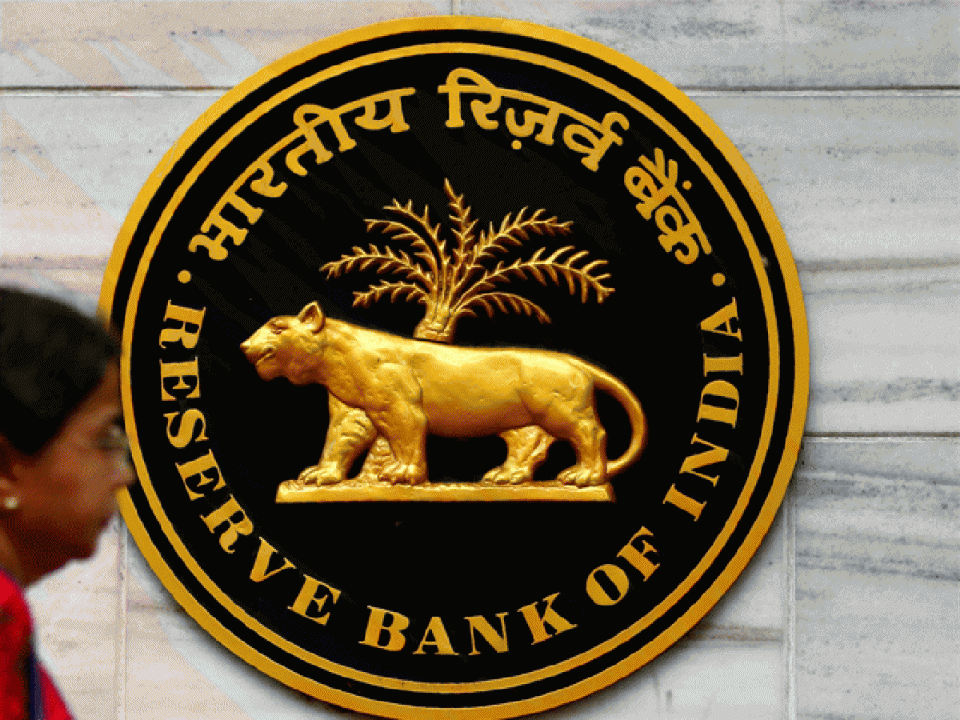To ease liquidity pressures on mutual funds, Reserve Bank of India today announced a special liquidity facility of Rs 50,000 crore for mutual funds. Indian stock markets surged immediately after the RBI announced this liquidity facility for mutual funds. The Sensex was up about 750 points. Mutual fund investors had received a jolt late last week when Franklin Templeton fund house halted withdrawals from six debt mutual fund mutual schemes with large exposures to higher-yielding, lower-rated credit securities, citing lack of liquidity amid the coronavirus pandemic.
Here are some points to know about RBI’s liquidity facility for mutual funds:
- The RBI’s liquidity facility for mutual funds will be effective from today till May 11, 2020 or up to utilization of the allocated amount, whichever is earlier.
- The RBI also assured that it will review the timeline and amount, depending upon market conditions.
- Under this facility, the RBI will provide funds to banks at lower rates and banks can avail funds for exclusively meeting the liquidity requirements of mutual funds.
- Banks can extend loans to mutual funds, undertaking outright purchase of and/or repos against the collateral of investment grade corporate bonds, commercial papers (CPs), debentures and certificates of deposit (CDs) held by mutual funds.
- The RBI shall conduct repo operations of 90 days tenor at the fixed repo rate.
- This liquidity facility is on-tap and open-ended, and banks can submit their bids to avail funding on any day from Monday to Friday (excluding holidays).
- The RBI reiterated that it ‘remains vigilant and will take whatever steps are necessary to mitigate the economic impact of COVID-19 and preserve financial stability.’
- The RBI however said that stress is confined to the high-risk debt mutual fund segment at this stage.
- ‘The larger industry remains liquid,’ the central bank said.
- ‘Heightened volatility in capital markets in reaction to COVID-19 has imposed liquidity strains on mutual funds (MFs), which have intensified in the wake of redemption pressures related to closure of some debt MFs and potential contagious effects therefrom,’ the RBI said.



